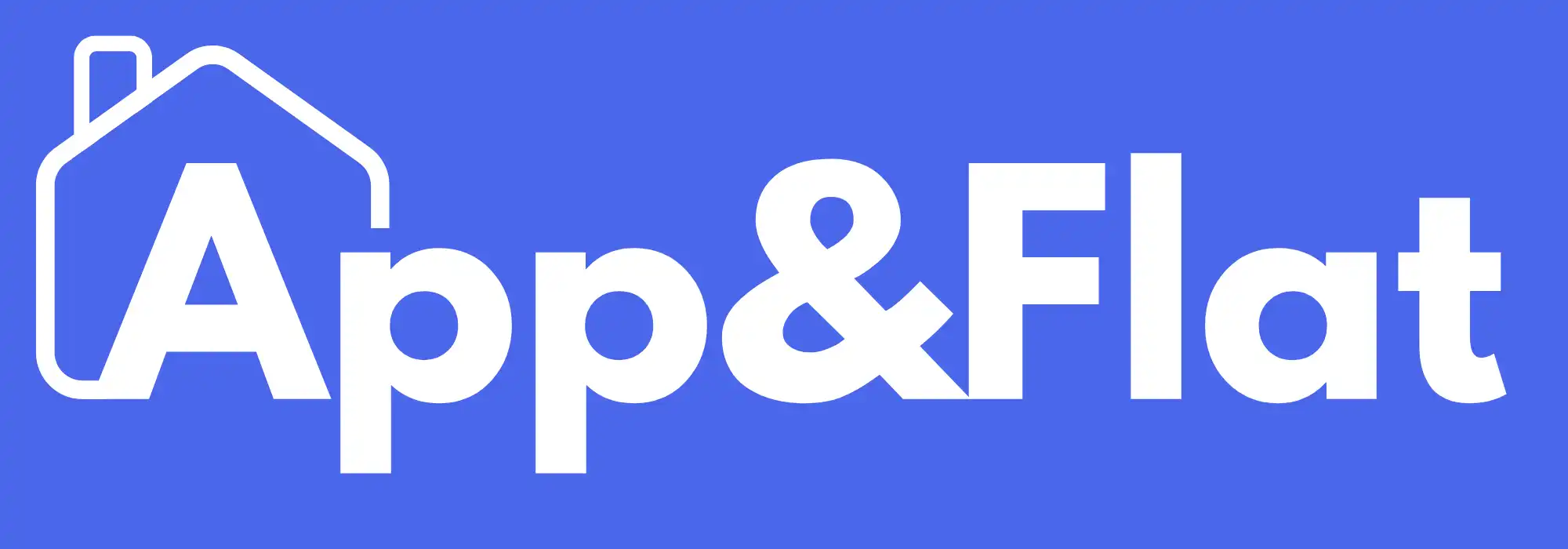Building Groups
Building groups allow for the centralized management of multiple buildings. This feature is particularly useful for managers who administer several properties and want to standardize certain practices while simplifying their daily work.
What is a Building Group?
Section titled “What is a Building Group?”A building group is an organizational structure that brings together multiple buildings under a single management entity. This allows you to:
- Centralize management: Manage multiple buildings from a single interface
- Standardize your practices: Create templates and processes common to all your buildings
- Save time: Avoid recreating the same content for each building
- Improve consistency: Ensure uniform communication and management
Main Features
Section titled “Main Features”1. User Management
Section titled “1. User Management”Add / remove / modify team members at the building group level. These users will automatically have access to all buildings in the group according to their role:
- Administrator: Full access to the group management and all its buildings
- Request Manager: Can manage requests for all buildings in the group
- Accountant: Access to financial information for all buildings
To add users to your group:
- Access your building group page
- Click on the Users menu
- Click on + User
- Enter the name, email, and choose the user’s role
- The user will receive an invitation by email
2. Custom Logo
Section titled “2. Custom Logo”Add a logo that represents your building group. This logo will appear in the interface for all group users.
To add or modify your logo:
- Access the group’s Administration page
- CLick on Modify
- In the Logo section, click on Upload logo
- Select a square image (WebP or SVG format recommended)
- The logo will be available after a few moments
3. Standard Announcements
Section titled “3. Standard Announcements”Create announcement templates that can be used in all buildings in your group.
- Seasonal closure notices (pool, sauna)
- Reminders about property regulations
- Recurring announcements (garbage collection, maintenance)
- etc.
To create a standard announcement:
- In the group menu, go to Communications then Posts Templates
- Click on + Post template in building group
- Give your template a name
- Write the title and content of the announcement
- Choose the recipients (all, owners, tenants, etc.)
- Indicate whether you want to send an email in addition to posting the announcement
- Save your template
To use a template in a building:
- Access the relevant building
- Go to Communications
- Click on New Post
- In the template list, you will see a section for group templates
- Select the desired template
- The content will be automatically pre-filled with the building’s information
- You can modify it if necessary before publishing
4. Request Types
Section titled “4. Request Types”Define request categories that will apply to all your buildings. This allows:
- Uniform classification of requests
- Better work organization
- Consistent statistics across buildings
- Automatic assignment to the right managers
To create a request type:
- In the group menu, go to Requests then Requests Organization
- Click on + Request type in building group
- Give the type a name (e.g., Plumbing, Electrical, Elevator)
- Choose a color for easy visual identification
- Optionally, assign a default manager
- Save
Automatic assignment:
When you assign a default manager to a request type, all new requests of this type will be automatically assigned to that person, reducing your workload.
5. Standard Request Responses
Section titled “5. Standard Request Responses”Create response templates for frequently asked questions. This allows you to:
- Respond more quickly to common requests
- Ensure consistency in your communications
- Share best practices among managers
To create a standard response:
- In the group menu, go to Requests then Answers Templates
- Click on + Answer template in building group
- Give your template a name
- Write the subject and content of the response
- Optionally, associate the template with one or more request types
- You can also attach files (maximum 10)
- Save
Using response templates:
When responding to a request, you can:
- Select a template from the list
- The content will be automatically inserted
- You can customize the response before sending
6. Consolidated Request View
Section titled “6. Consolidated Request View”The consolidated view allows you to see all requests from all buildings in your group in a single interface. This is a powerful tool to:
- Have an overview of your activity
- Prioritize your work across multiple buildings
- Identify trends and recurring issues
- Monitor your team’s workload
To access the consolidated view:
- From your building group’s home page
- Click on Requests
- You will see all requests from all your buildings
Available filters:
You can filter requests by:
- Period: Last 12 months, 6 months, etc.
- Building: Select one or more specific buildings
- Type: The request types you have defined
- Status: Open, in progress, closed
- Priority: High, medium, low
- Handler: Requests assigned to a specific person
- Requestor: Requests created by a specific owner or tenant
- Units : request associated to specific Units
Accessing Group Features
Section titled “Accessing Group Features”To access your building group features:
- Click on the building selector at the top left of the interface
- Select your building group from the list
